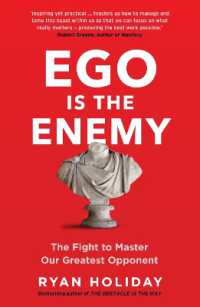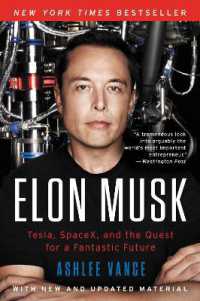Zero to One: Notes on Startups, or How to Build the Future
In Zero to One, Peter Thiel, co-founder of PayPal and Palantir, with co-author Blake Masters, challenges conventional wisdom about innovation and entrepreneurship. Based on a popular course Thiel taught at Stanford, the book argues that true progress comes from creating something entirely new—going from “zero to one”—rather than merely copying or incrementally improving existing ideas.
The Core Idea: Vertical vs. Horizontal Progress
Thiel distinguishes between two types of progress:
- Horizontal Progress (1 to n): Copying things that work. This is globalization, taking something that exists in one place and replicating it elsewhere.
- Vertical Progress (0 to 1): Doing something new. This is technology, creating novel solutions and breakthroughs.
The book asserts that the future depends on creating new technologies and businesses that achieve vertical progress, leading to unique value and sustainable growth.
The Value of Monopoly
Contrarian to popular belief, Thiel argues that monopolies, when achieved through superior products or services, are not inherently bad. He posits that a company with a true monopoly (one that creates unique value) has the freedom and resources to innovate further, rather than being constantly distracted by fierce competition. He encourages startups to aim for a temporary monopoly by creating something so unique and valuable that it has no direct competitors.
Secrets and Contrarian Thinking
Thiel emphasizes the importance of discovering “secrets”—important truths that few people agree with you on. He believes that great companies are built on such unique insights, which allow them to create truly novel solutions. This requires contrarian thinking and a willingness to question widely accepted beliefs.
Building the Future
The book provides a framework for building successful startups, focusing on several key areas:
- Foundations: Getting the founding team and initial decisions right.
- Monopoly Characteristics: Identifying and building sustainable competitive advantages (e.g., proprietary technology, network effects, economies of scale, branding).
- People: Hiring the right people and fostering a strong, mission-driven culture.
- Sales and Distribution: Recognizing that even the best product needs effective ways to reach customers.
Optimism and Definite Future
Thiel advocates for “definite optimism”—the belief that the future can be better than the present, and that we can make it better by planning and working towards it. He contrasts this with indefinite optimism (believing the future will be better without a clear plan) and pessimism (believing the future will be worse).
Conclusion
Zero to One is a provocative and insightful guide for anyone looking to build something truly new and impactful. It challenges entrepreneurs to think beyond incremental improvements and to strive for revolutionary innovation that creates the future rather than just reacting to it. It’s a call to embrace bold thinking, build unique value, and pursue the secrets that can unlock unprecedented progress.




